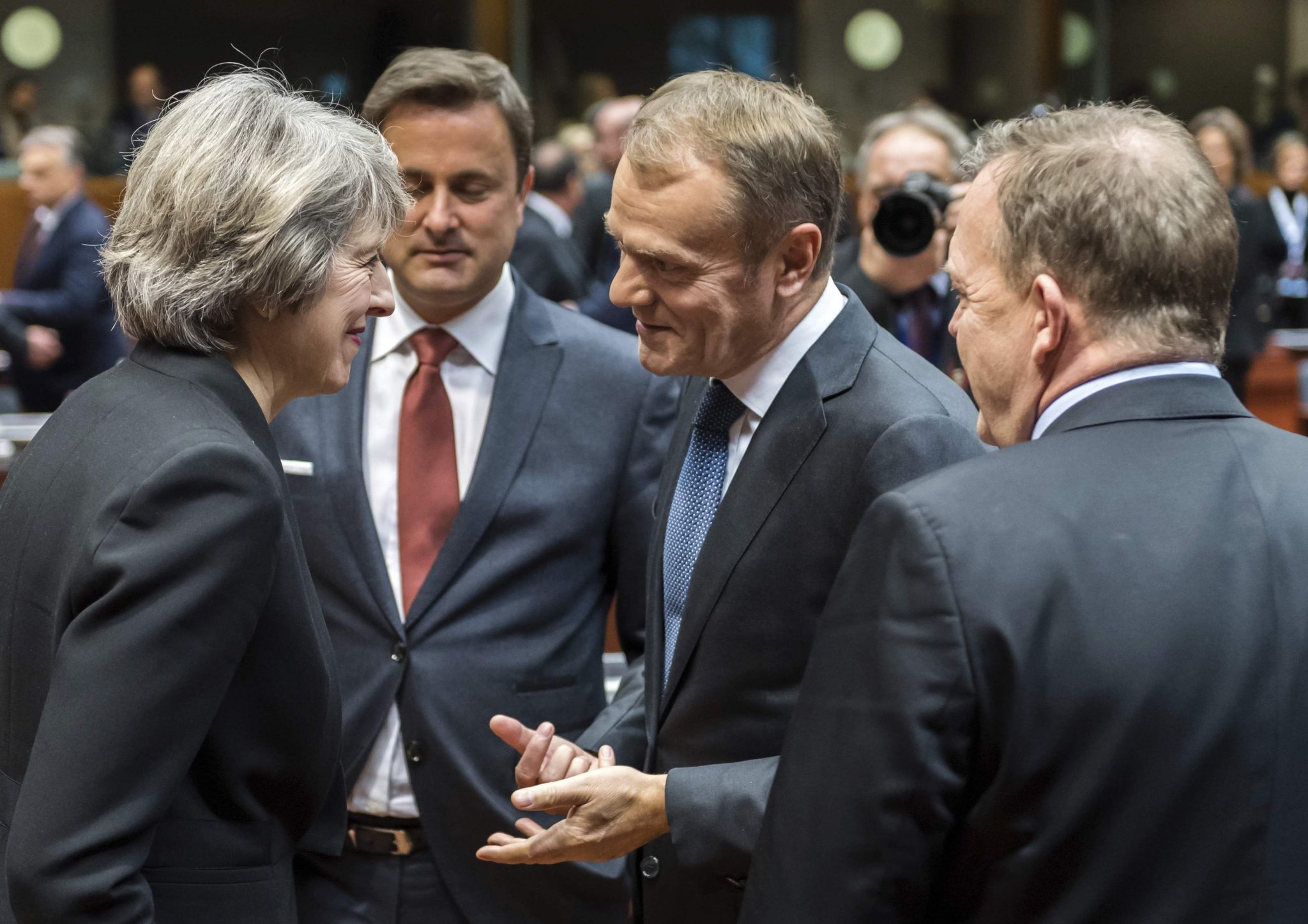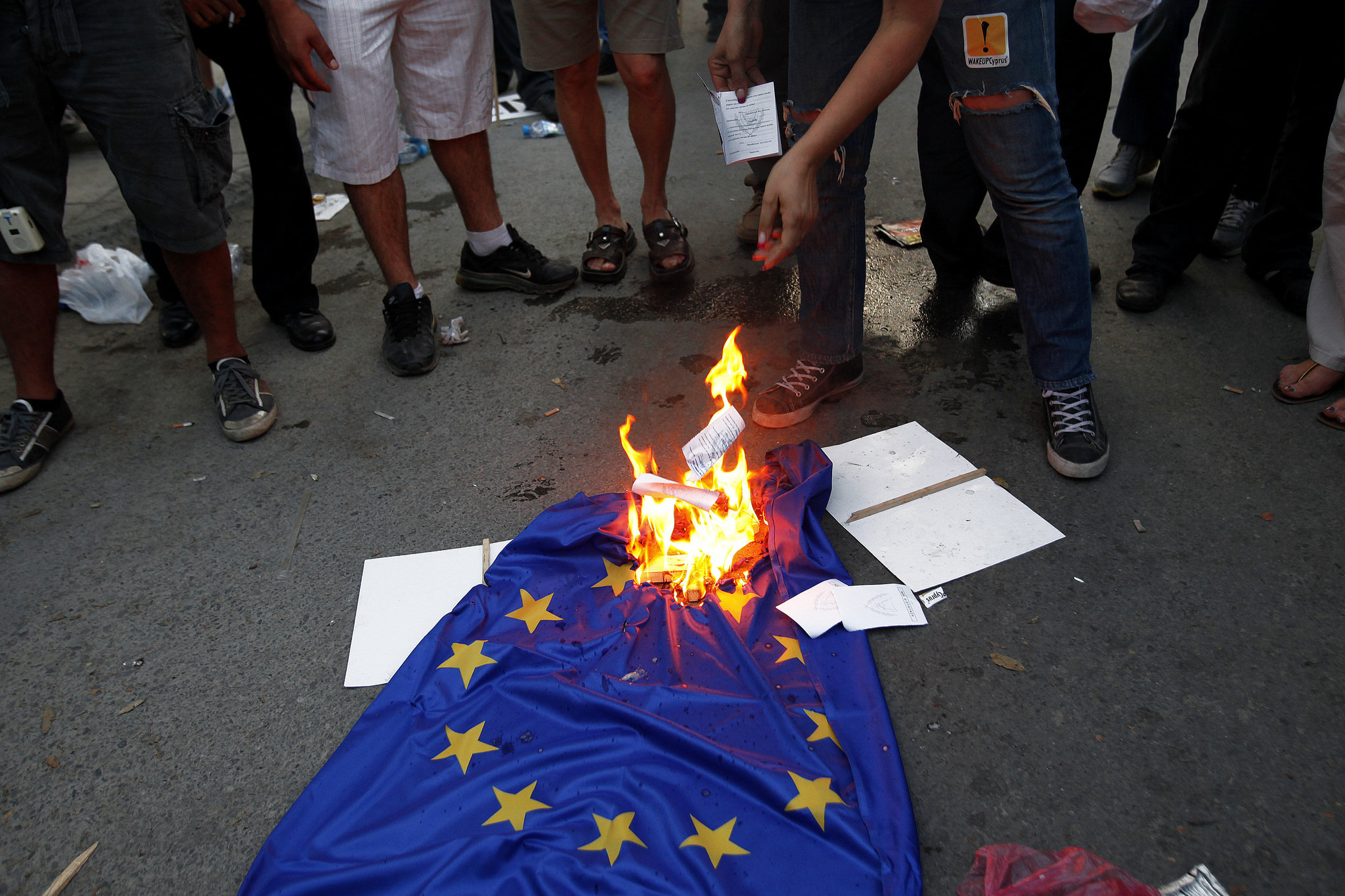
The sudden resignation of the UK’s Ambassador to the EU, Sir Ivan Rogers, sent shock waves through the UK government, the British press and the Brussels circuit. The departure of one of Britain’s foremost experts on the EU, just three months before article 50 is to be triggered leaves the UK bereft of a diplomat, who would have played a crucial role in navigating the British government through the challenges of the Brexit negotiations.
In the aftermath of Sir Ivan’s resignation, his resignation letter was leaked to The Times of London and the BBC. Reading between the lines of the letter it is clear to see he was growing increasingly frustrated with the government’s approach to the upcoming Brexit negotiations and he is adamant about the importance of the civil service speaking the truth to power.
Below are extracts of his resignation letter. The full letter can be found on the BBC news website.
Contrary to the beliefs of some, free trade does not just happen when it is not thwarted by authorities: increasing market access to other markets and consumer choice in our own, depends on the deals, multilateral, plurilateral and bilateral that we strike, and the terms that we agree.
This passage is fascinating as it is a direct attack on the Brexit ministers who he believes are naively optimistic about the opportunities for UK trade post Brexit. Whether or not this view is solely held by Sir Ivan or others in the Foreign Office is as of yet unknown.
I hope you will continue to challenge ill-founded arguments and muddled thinking and that you will never be afraid to speak the truth to those in power.
I hope that you will support each other in those difficult moments where you have to deliver messages that are disagreeable to those who need to hear them.
This excerpt is the one most widely reported in the British media, precisely because it reveals so much about his clearly tenuous relationship with those at the heart of British government. The fact a senior civil servant who was expected to be at the side of the Prime Minister during the early stages of Brexit is using terms like ill-founded documents and muddled thinking is an extraordinary attack on the government and one that shows Sir Ivan’s deep unease with the government’s approach to Brexit.
Not only that, he has to actively encourage his colleagues to do their jobs properly, which as civil servants is tell politicians the truth, however unpleasant it may be. British policy relies on the civil service being secure in the knowledge that they are able to tell ministers the truth without fear of punishment or severe chastisement. That is how good policy is developed, by the civil service and the elected politician working together. If that trust breaks down, the likelihood of implementing bad policy increases; something that the UK cannot afford when it comes to Brexit.
What does the resignation mean for the UK’s position regarding Brexit?
Well one level it leaves the UK’s negotiating team bereft of someone who is an expert in EU affairs and understands the political positions of the EU institutions and the other EU 27 member states. Whilst understanding the view point of the EU institutions and the EU 27 isn’t high up on the list of many arch Brexiteers concerns, the UK cannot go into negotiations without an understanding of the emotional attachment many EU member states and certainly the Commission have with the EU and it is imperative that the UK recognises the level to which the four freedoms are viewed as sacrosanct by many, if not all, EU leaders.
On another level, it is clear that the British government is foregoing advice from civil servants and is in danger of isolating itself from those who will honestly inform the government about the many challenges of Brexit and instead will pursue a policy of surrounding itself with yes men/women and those oblivious to the obvious difficulties of Brexit. For the UK to ‘make a success of Brexit’ (whatever that means) the government must listen to professionals who have worked with EU civil servants in the institutions and leading figures in the EU 27. Time will tell whether the resignation of Sir Ivan Rogers will make the government take heed of civil servants or double down on a policy of punishing and ignoring those whose job it is to speak truth to power, as Sir Rogers so eloquently put.



